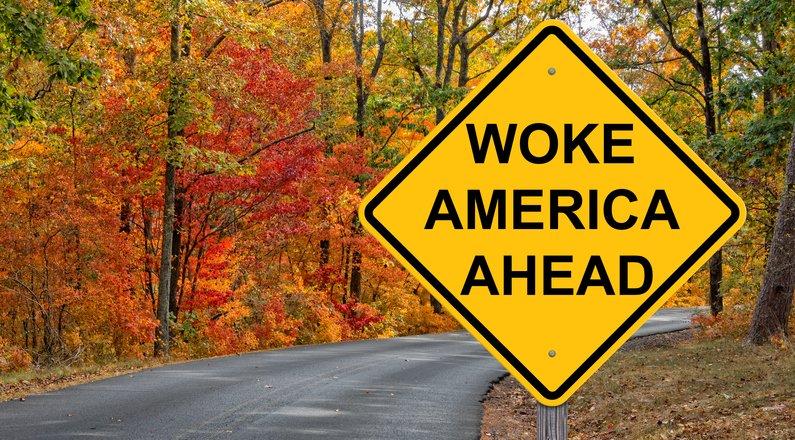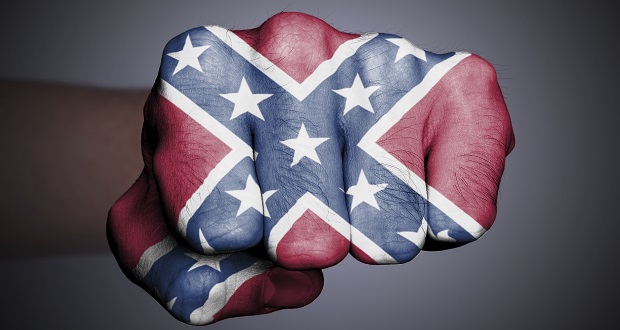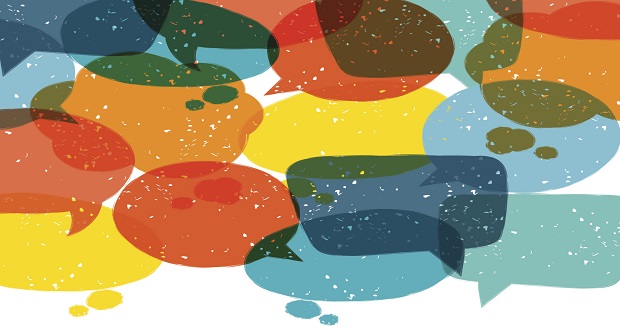
Terms such as “woke,” “wokeness,” “stay woke,” and even “#staywoke” have become part of the mainstream vocabulary these days.
The dictionary defines “woke” as being alert to injustice in society, especially racism. To be “woke” in the Black community means that someone is informed, educated, and conscious of social injustice and racial inequality.
The term “stay woke” originated within African American communities. It emerged as a call for Black people to be aware of and vigilant about social and political issues that have disproportionately affected marginalized communities, particularly in relation to racial injustice.
In more recent history, “stay woke” has been associated with the civil rights and Black Power movements of the 1960s and 1970s. It served as a reminder to remain actively engaged in understanding and challenging systemic racism, inequality, and social oppression.
The term gained renewed popularity in the 2010s with the emergence of the Black Lives Matter movement, which aimed to address police brutality and racial profiling. In fact, after the police killing of Michael Brown in Ferguson, Missouri, in 2014, “stay woke” was used as a rallying call against police brutality. During the Ferguson protests, #StayWoke was being used not only online but also in street signs and merchandising.
Brown’s death was shortly followed by the fatal police shootings of Eric Garner, Tamir Rice, George Floyd, and others — which continued the growing popularity of the phrase “stay woke” and its use in protest and activist circles for many years to come.
The Cultural Appropriation of ‘Stay Woke’
The term “stay woke” has, without a doubt, been subject to cultural appropriation by various groups.
Cultural appropriation refers to the adoption or borrowing of elements from a marginalized culture by members of a dominant or privileged culture, often without understanding or respecting the cultural context and significance. If you want to know more about the dangerous impact of cultural appropriation, read my article on The Inclusion Solution here.
In the case of “stay woke,” cultural appropriation occurred when individuals from outside the African American community started using the term without fully recognizing or appreciating its historical and cultural roots.
This appropriation has contributed to weakening the term’s original meaning and disconnecting it from the experiences of systemic racism and social injustice that it was originally intended to address. The term has been misused, misinterpreted, and distorted.
Veering Into Dangerous Territory
Until a few years ago “stay woke” meant being alert to racial injustice and discrimination. Yet in today’s fierce culture wars, the phrase is now more likely to be used as a weapon.
While the Black community has always used the term as a cry against racism and injustice, as the term hit the mainstream and started being used by those outside the Black community, it lost some of its original meaning.
In fact, the politicization of “stay woke” has given rise to debates and controversies, as the term has been co-opted, diluted, and misappropriated by different groups with varying agendas.
For some, the term today is an insult. These individuals have rejected the woke ideology and promised never to surrender to “the woke agenda.” In fact, the pressure against “wokeness” has led to the erasure of race-related content in education, the rejection of AP African American history courses in high schools, and college presidents have vowed against race-related content focusing on systems of oppression.
And that is not all. Schools have implemented policies limiting discussion and curriculum on race, systemic oppression, gender, and sexual orientation. Wokeness is now equated to cultural Marxism, which is accused of tearing the fabric of our society. Across the country, we are seeing hundreds of legislative efforts targeting LGBTQ+ identities and race in education.
In the article “What does woke mean and why are some conservatives using it?” Maurice Mitchell, Social Movement Strategist with Movement 4 Black Lives, argues that “because ‘woke’ is associated with Black people, it’s been a useful club for those who want to beat those seeking justice over the head with white grievance politics to win elections without deploying explicitly racist terms.” Nowadays, while some equate “to be woke” with being a social justice advocate, others see it as political correctness gone awry.
Some Food for Thought
“Stay woke” has expanded beyond its original context and has become more widely adopted as a catchphrase. The phrase demands we become more aware of the various social, political, and cultural issues impacting our society.
We need to be informed of the dominant narratives and become more conscious of power dynamics that may perpetuate injustice or inequality.
So, before using “stay woke” or any other related phrases, think of the following:
- Remember the historical origin of the phrase. It was first used as a warning to Black people to “stay woke” against the many injustices they might face in society. If you want to deepen your understanding of this topic, read Post Traumatic Slave Syndrome: America’s Legacy of Enduring Injury and Healing, by Dr. Joy DeGruy. You can no longer stay misinformed!
- As the phrase was appropriated by other groups, it took on many different meanings. Some see “wokeness” as a religious experience, others connect it to Critical Race Theory and even DEI. In addition, depending on your political leaning, “stay woke” can carry a positive (i.e., we are fighting for social justice) or negative (i.e., it is dividing us) connotation. Yet, for others, it is part of their weaponized discourse.
- If you are going to use it, do not use it in a vacuum. Make sure you are indeed standing for social justice and that you are actively working towards a more equitable society. This will require commitment, hard work, and dedication on your part.


















